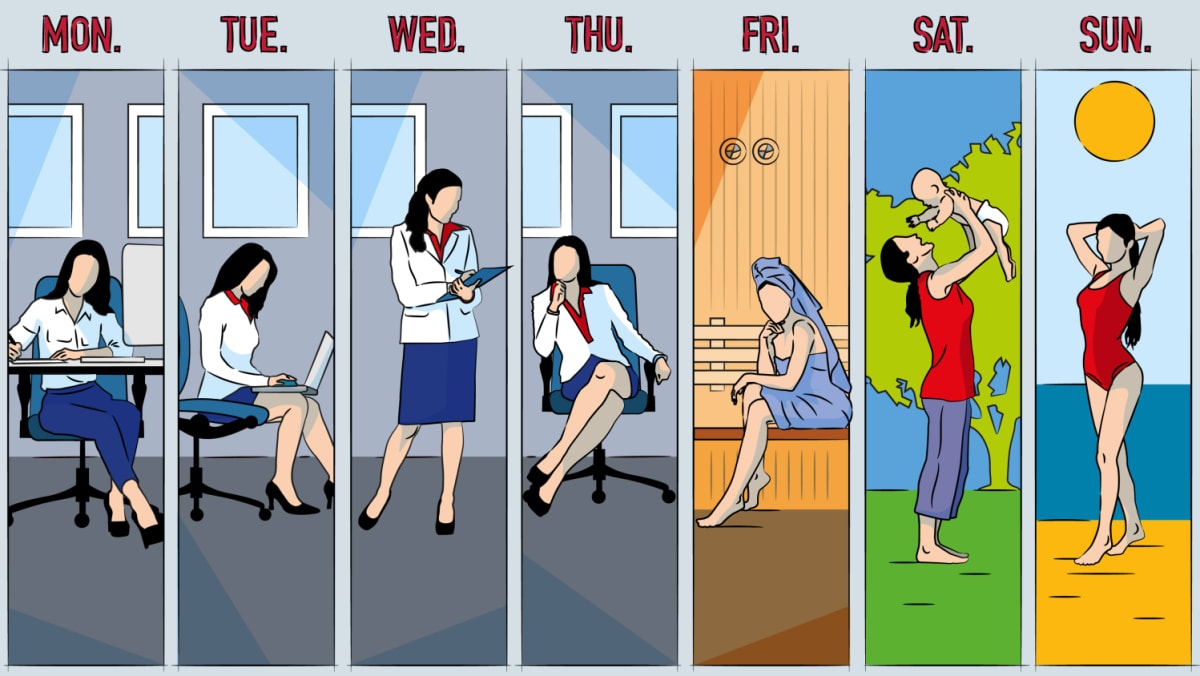IN FOCUS: 4-day week in Singapore – some workers want it, but are businesses ready?
One social enterprise that already has flexible work arrangements and unlimited paid leave is looking to implement a four-day week – perhaps as soon as next year.
Saturday Kids, a coding and curiosity school for children, had advertised for a role in curriculum development with a four-day work week. General manager Chew Jing Kai said that they have yet to fill the full-time role.
But the school had wanted to experiment with a four-day week with this role and to eventually roll it out to all their employees.
One of the reasons was that, as a school, they want to encourage creativity in the children and their staff, and he felt that they should be out there “experiencing the real world”. But there are kinks to be worked out, said Mr Chew.
“By shifting people to a four-day week and not reducing remuneration, how do you justify that will lead to better results?” he said.
“Operationally, if you have a business that has to run seven days a week … cutting short the working hours of employees or one day makes it difficult for classroom management.”
There’s also the issue of making sure there’s enough overlap in working times so that people have time for collaboration, he added.
Mr David Blasco, general manager at Randstad Singapore said that a 4-day work week policy shows employees that the business cares about them enough to make significant changes to how the business operates, and is a “very powerful strategy” to attract talent.
But there are some complexities when it comes to putting it into practice. There will be financial costs, especially for sectors that are labour-intensive, said Mr Blasco.
Giving examples, he said: “A hospital or logistics company will always need someone on the job to maintain their productivity levels. Introducing a four-day work week means that they will need to hire more headcount to fill in the shifts, which would ultimately lead to higher costs.”
He also foresees potential culture clashes. “There will always be some people in the company who prefer to work five days a week because of differences in how they view work and life priorities,” he said.
“THE ONLY WAY … IS TO RUN PILOTS”
These are issues that many companies now in four-day week pilots around the world are grappling with.
Ms Lockhart said that, from her experience, workers themselves some up with productivity solutions once they are motivated to do so – as working faster now also means working less.
“What we find is when you say to people, look, we want to improve productivity and the time that we save, you can have off – then people go oh, okay, how about I tell you about this problem with the business?” she said.
For office work, it’s often a matter of “sorting out meeting behaviour”, while a bit more thinking may need to go into cutting the hours of jobs in manufacturing, hospitality or medicine, she added.
Strongly advocating the adoption of the four-day week, she said that there can be productivity gains, and macroeconomic and societal gains as well.
With less time spent at work, people will have more time to exercise, cook healthier meals, take care of their loved ones or do volunteer work – all of which have a positive impact on one’s physical and mental health and for building community.
“What we’re talking about is how do we rebalance our society?” she said. “As business leaders, we need to remember that we borrow our people from their lives.”
“If you want to understand how four days a week will work, the only way to do it realistically is to run pilots and see how it works specifically for Singapore, find out what are the Singaporean nuances,” she said.
For all the latest business News Click Here

